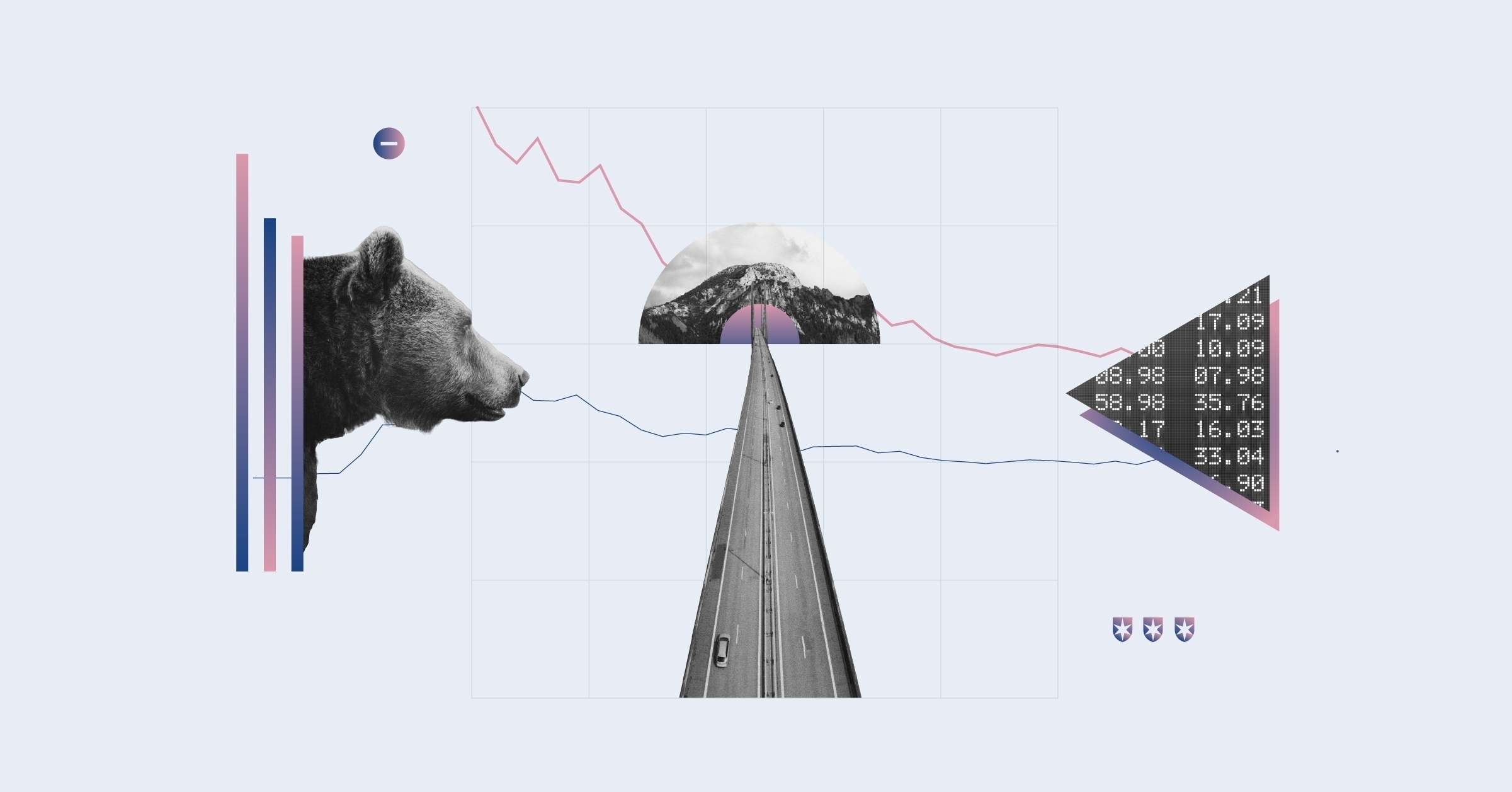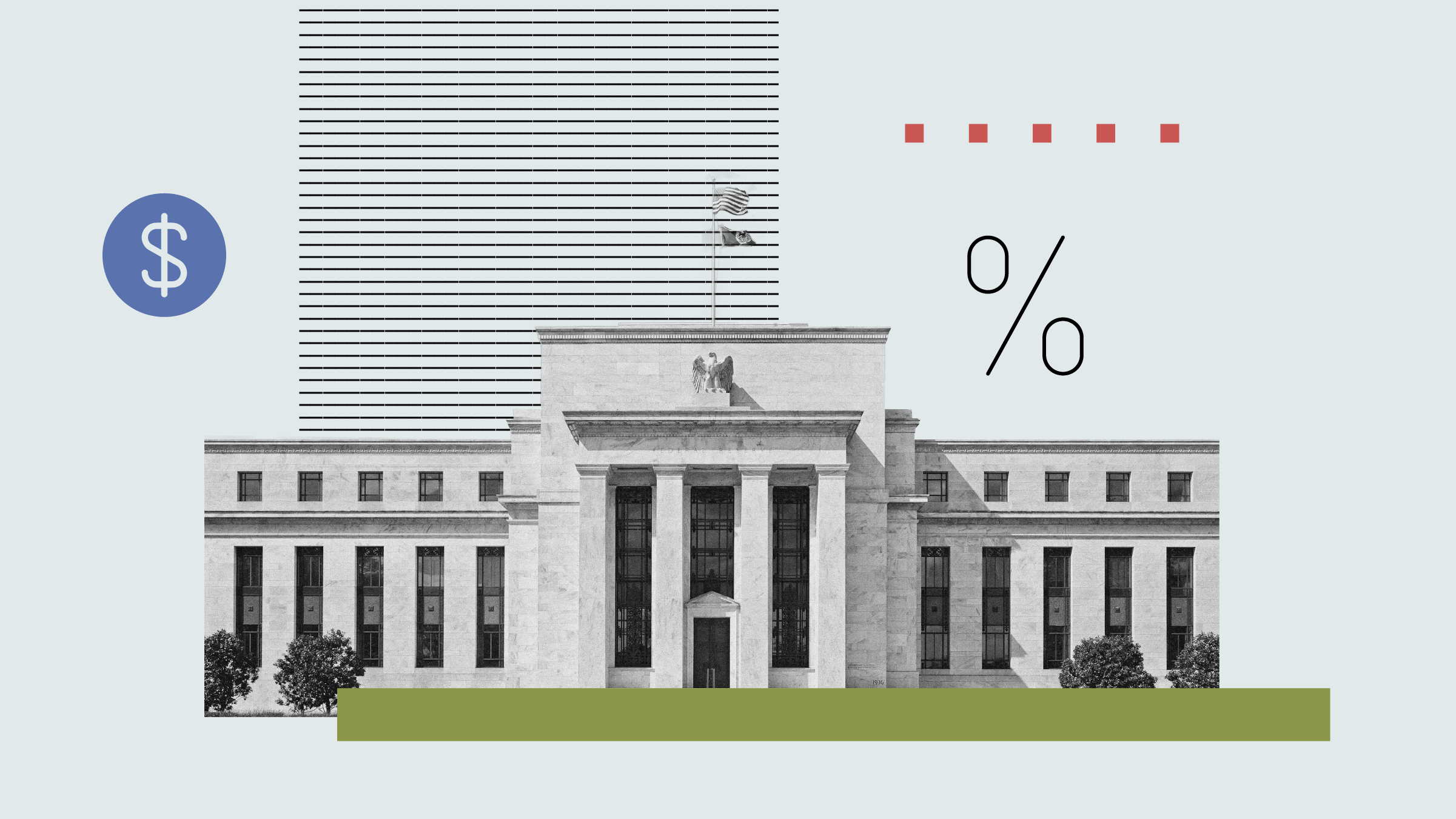From March 2009 equity markets have risen at a rapid pace from their lows at the depth of the financial crisis. Indeed, over the five years to the end of June 2014, the FTSE All-Share index has risen by over 14% per annum, significantly above the expectation of long-term returns from equities. What is also clear is that there has been a large disparity of returns within the UK market, across the market-cap spectrum and by equity style.
It is important when assessing this performance to be mindful of the extent to which this performance has been generated by mid- and small cap companies. Indeed, since June 2009, the FTSE Small Caps index has returned 18.9% p.a., the FTSE 250 19.7% p.a., whereas the FTSE 100 has only returned 12.6%. This has meant that funds that have taken significant mid- and small-cap exposure, through either their structure or through allocation, have experienced a significant performance tailwind.
A striking example of the difference in composition between funds and the FTSE All-Share is evident by the fact that 78% of the index is in giant- or large-cap stocks as defined by Morningstar, whereas, only two of the top 30 funds in the sector over five years currently have even 50% in giant- and large-cap stocks. While investors who have held these funds over that five-year period have benefited from the performance, they are also likely to have exposed themselves to more risk, both in terms of drawdown and volatility of returns, than would normally be envisaged by an asset allocation to UK equities.
Indeed, 24 of the 30 funds had a volatility of returns higher than the index. In 2011, when the index returned a loss of 3.5%, 15 of the 30 funds lost more than 8%, with 4 of the funds losing more than 15% in that year. The last three months have provided a further reminder of some of those risks. From April 1 to the end of June, the FTSE All-Share has risen by 3.2%, a figure none of those top 30 funds has beaten. Unsurprisingly, with the FTSE 250 down 3.1% over the period and the FTSE Small Cap down 1.6%, 18 of the 30 funds have produced a negative return over those three months too.
Martin Cholwill, fund manager of the Morningstar OBSR Bronze Rated Royal London UK Equity Income fund believes that the mid cap sell-off since the end of March has not been driven by company fundamentals but rather by profit taking and hedge fund de-risking. Adding to this Cholwill highlights that stock market volumes and liquidity are a bit depressed which has exaggerated share price movements. Looking ahead the fund manager believes that many of the factors that have historically contributed to the strong performance of many mid-cap companies remain as prevalent today as they have in the past, namely the fact that for many large companies who, faced with the prospect of anaemic economic growth, have through acquisition of smaller companies an opportunity to step up their growth rates.
It is one of the reasons for his, and indeed many managers’, preference for mid cap shares over mega cap companies, who are typically bid proof and far more likely to be doing the taking over of their smaller brethren.
Elsewhere, style bias has also significantly affected fund performance over the last few years. Over the last three years, having a value bias has been a benefit to fund managers, particularly those focused on more large-cap stocks. The Morningstar UK Large-Cap Value Equity category average is 11% p.a. over the last three years, while the equivalent Growth category average is only 8.5% p.a. In terms of discrete calendar years, that Value peer group has outperformed the Growth peer group in 2011, 2012, 2013 and year to date.
In midcaps, while over the three-year period style does not seem to have impacted performance, at periods of time during those years, there has been large disparity in performance. In 2012, the MSCI UK Middle Value index returned 33.6% while the MSCI UK Middle Growth index returned only 18.7%. 2013 saw a complete reversal, with the Value index lagging the Growth index by 11 percentage points. In 2014, to the end of May, there has once more been a turnaround, as the value index is up 8.5% and the growth index has only risen by 3.5%.
We believe it is crucial that investors understand current market trends, along with the investment philosophy and process of active funds, to be able to correctly appraise fund performance and make considered decisions when it comes to fund selection.





























